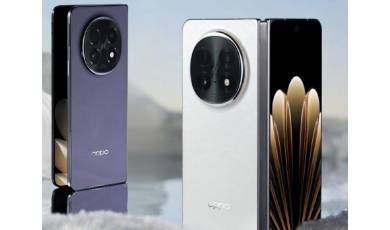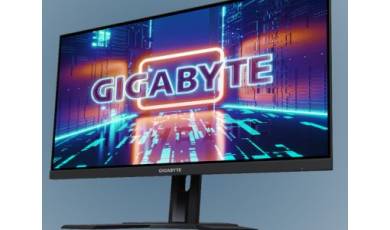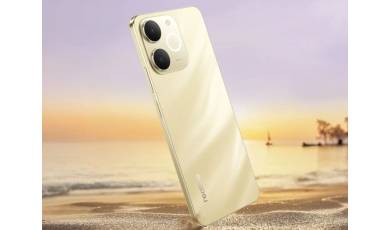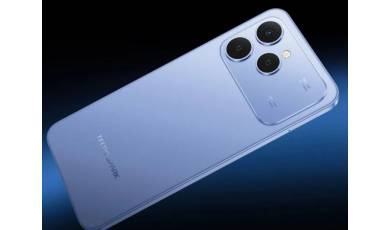vivo V40 specs.
Mobiles >> Vivo >> vivo V40| Specifications | Reviews | Secret codes |
| Unlock phone | Root phone |
| Backup | Flash Firmware | Screenshot |
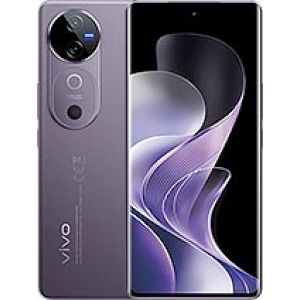
Basic Spec vivo V40
Smart Phone OS: An operating system (OS) is software that interacts between a user and a smartphone.
An operating system (OS) is software that interacts between a user and a smartphone.
Android 14, Funtouch 14
Chipset: Is a set of chips in the smartphone that control the CPU.
Is a set of chips in the smartphone that control the CPU.
Qualcomm SM7550-AB Snapdragon 7 Gen 3 (4 nm)
CPU: Central processing unit
Central processing unit
Octa-core (1x2.63 GHz Cortex-A715 & 3x2.4 GHz Cortex-A715 & 4x1.8 GHz Cortex-A510)
GPU: Graphics Processing Unit
Graphics Processing Unit
Adreno 720
Display vivo V40
Type:
AMOLED, HDR10+, 120Hz, 4500 nits (peak)
Screen Size: This diagonal display size is usually measured in inches.
This diagonal display size is usually measured in inches.
6.78 inches, 111.0 cm2 (~90.1% screen-to-body ratio)
Screen Resolution: Screen resolution refers to the size of the image received on the screen in pixels
Screen resolution refers to the size of the image received on the screen in pixels
1260 x 2800 pixels, 20:9 ratio (~453 ppi density)
Protection:
Schott Xensation Alpha
Storage vivo V40
Card slot:
No
Internal:
128GB 8GB RAM, 256GB 8GB RAM, 256GB 12GB RAM, 512GB 12GB RAM Random Access Memory
Random Access Memory
Main Camera vivo V40
Dual:
50 MP, f/1.9, 24mm (wide), 1/1.56", 1.0µm, PDAF, OIS
50 MP, f/2.0, 15mm, 119˚ (ultrawide), 1/2.76", 0.64µm, AF
50 MP, f/2.0, 15mm, 119˚ (ultrawide), 1/2.76", 0.64µm, AF
Features:
Zeiss optics, Ring-LED flash, panorama, HDR
Video:
4K@30fps, 1080p@30fps, gyro-EIS, OIS
Selfie camera vivo V40
Single camera:
50 MP, f/2.0, 21mm (wide), 1/2.76", 0.64µm, AF
Features:
HDR
Video:
4K@30fps, 1080p@30fps
Sound vivo V40
Loudspeaker:
Yes, with stereo speakers
3.5mm jack:
No
Network connectivity vivo V40
Technology:
GSM / HSPA High Speed Packet Access / LTE / 5G
High Speed Packet Access / LTE / 5G
2G: Second generation cellular network
Second generation cellular network
GSM 850 / 900 / 1800 / 1900 - SIM 1 & SIM 2
3G: Third generation cellular network
Third generation cellular network
HSDPA High-Speed Downlink Packet Access 850 / 900 / 1700(AWS) / 1900 / 2100 - International
High-Speed Downlink Packet Access 850 / 900 / 1700(AWS) / 1900 / 2100 - International
4G: Fourth generation cellular network
Fourth generation cellular network
1, 2, 3, 4, 5, 7, 8, 12, 13, 17, 18, 19, 20, 26, 28, 32, 38, 39, 40, 41, 66 - International
5G:
1, 2, 3, 5, 7, 8, 20, 26, 28, 38, 40, 41, 66, 75, 77, 78 SA/NSA - International
Speed:
HSPA, LTE, 5G
WLAN: Wireless Local Area Network
Wireless Local Area Network
Wi-Fi 802.11 a/b/g/n/ac, dual-band
Bluetooth: Bluetooth is used to exchange data between nearby mobile devices.
Bluetooth is used to exchange data between nearby mobile devices.
5.4, A2DP, LE
Positioning:
GPS, GALILEO European Global Navigation Satellite System, GLONASS
European Global Navigation Satellite System, GLONASS GLObal NAvigation Satellite System, QZSS
GLObal NAvigation Satellite System, QZSS Quasi-Zenith Satellite System, BDS, NavIC
Quasi-Zenith Satellite System, BDS, NavIC
NFC: Near field communication
Near field communication
Yes
Radio:
No
USB: Universal Serial Bus
Universal Serial Bus
USB Type-C 2.0, OTG
Phone features vivo V40
Sensors:
Fingerprint, accelerometer, gyro, proximity, compass
Battery vivo V40
Type:
Li-Ion 5500 mAh, non-removable
Charging:
80W wired, PD
Reverse wired
Reverse wired
Size vivo V40
Dimensions:
164.2 x 75 x 7.6 mm (6.46 x 2.95 x 0.30 in)
Weight:
190 g (6.70 oz)
Build:
Glass front, plastic frame, glass back
SIM:
Dual SIM (Nano-SIM, dual stand-by) + eSIM or Dual SIM (Nano-SIM, dual stand-by)
Comments, Questions and Answers about vivo V40
Ask a question about vivo V40


